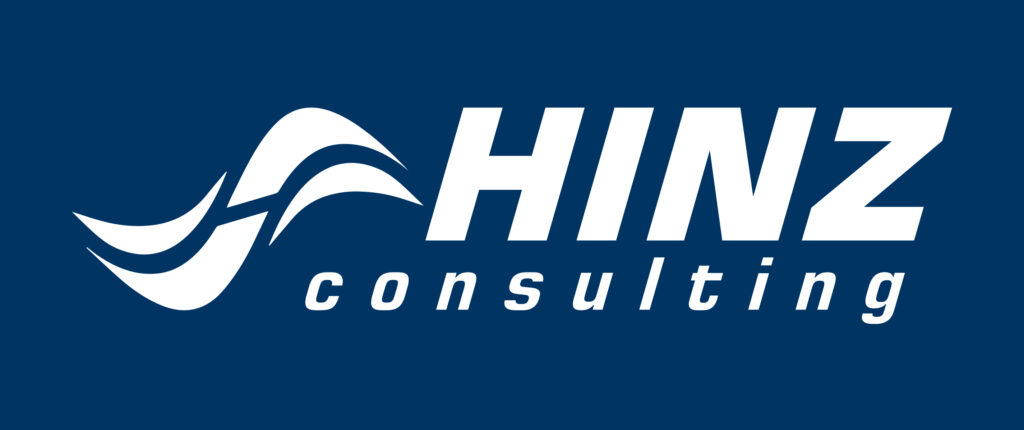Federal contract proposals are a gateway to securing lucrative government contracts and establishing long-term business relationships with federal agencies. The process of preparing and submitting a federal contract proposal can be complex and highly competitive. This blog provides a comprehensive guide to understanding, preparing, and succeeding in federal contract proposals.
1. Understanding Federal Contract Proposals
Federal contract proposals are formal documents submitted in response to a government solicitation. They outline how a company intends to fulfill the requirements of a contract, including technical approach, pricing, and qualifications.
Key Components:
- Solicitation: The government issues a solicitation (e.g., Request for Proposal (RFP), Request for Quotation (RFQ), or Invitation for Bid (IFB)) outlining the contract requirements.
- Proposal: The proposal is the response submitted by a contractor, detailing their approach to meeting the requirements specified in the solicitation.
2. Types of Federal Solicitations
Understanding the different types of federal solicitations is crucial for preparing an effective proposal:
- Request for Proposal (RFP):
- Description: A formal request for detailed proposals from vendors. Evaluated based on technical merit and cost.
- Best For: Complex projects where the government is seeking the best overall solution, not just the lowest price.
- Request for Quotation (RFQ):
- Description: A request for price quotations for goods or services. Typically used for simpler procurements.
- Best For: Procurements where price is the primary factor, and the scope is straightforward.
- Invitation for Bid (IFB):
- Description: A formal request for bids on a contract. Bids are evaluated primarily on price.
- Best For: Projects where the scope of work is well-defined and price is the key determining factor.
- Request for Information (RFI):
- Description: A request for information to gather data on potential solutions before issuing an RFP or RFQ.
- Best For: Gathering information to refine the requirements and understand market capabilities.
3. Preparing Federal Contract Proposals

Preparing federal contract proposals involves several critical steps:
- Analyze the Solicitation:
- Review Requirements: Thoroughly review the solicitation to understand the scope, requirements, and evaluation criteria.
- Identify Key Sections: Identify key sections of the proposal, including technical approach, management plan, and cost/price proposal.
- Develop a Proposal Strategy:
- Formulate Approach: Develop a clear strategy for addressing the solicitation requirements, including your technical approach and pricing strategy.
- Assign Responsibilities: Assign roles and responsibilities to team members involved in proposal development.
- Write the Proposal:
- Technical Approach: Clearly describe your technical approach to meeting the project requirements. Include methodologies, processes, and any innovative solutions.
- Management Plan: Outline how you will manage the project, including staffing, resources, and risk management.
- Pricing Proposal: Provide a detailed and competitive pricing proposal, including labor costs, materials, and overhead.
- Include Supporting Documents:
- Past Performance: Include information on previous projects similar to the one being bid on, highlighting successful outcomes.
- Resumes: Provide resumes of key personnel who will be working on the project, showcasing their qualifications and experience.
- Certifications: Include any relevant certifications, licenses, or other documentation required by the solicitation.
- Review and Revise:
- Internal Review: Conduct an internal review of the proposal to ensure accuracy, completeness, and compliance with the solicitation requirements.
- Revisions: Revise the proposal based on feedback and ensure that it addresses all evaluation criteria.
- Submit the Proposal:
- Follow Instructions: Ensure that the proposal is submitted in accordance with the solicitation instructions, including format, submission method, and deadlines.
- Confirm Receipt: Confirm receipt of the proposal by the government agency and address any issues if they arise.
4. Evaluation and Award Process
After submission, the proposal undergoes an evaluation process:
- Evaluation Criteria:
- Technical Evaluation: Proposals are evaluated based on their technical approach, including how well they meet the requirements and demonstrate capability.
- Cost Evaluation: Proposals are evaluated for cost-effectiveness, including pricing and cost realism.
- Award Decision:
- Selection: The government selects the proposal that offers the best value based on the evaluation criteria.
- Notification: The winning contractor is notified, and the contract is awarded. Unsuccessful bidders may receive debriefing to understand the reasons for non-selection.
5. Common Challenges and How to Overcome Them
Federal contract proposals can be challenging. Here are some common issues and tips for overcoming them:
- Compliance Issues:
- Challenge: Failure to meet solicitation requirements or adhere to guidelines.
- Solution: Carefully review and follow all requirements, including format and submission instructions.
- Complexity of Requirements:
- Challenge: Understanding and addressing complex requirements.
- Solution: Break down requirements into manageable sections and seek clarification if needed.
- Competitive Pricing:
- Challenge: Developing a competitive pricing strategy while ensuring profitability.
- Solution: Conduct thorough market research and cost analysis to develop a realistic and competitive pricing proposal.
- Time Constraints:
- Challenge: Meeting tight deadlines for proposal submission.
- Solution: Develop a detailed proposal timeline and allocate resources efficiently to ensure timely completion.
6. Tips for Success
To enhance your chances of success in federal contract proposals, consider the following tips:
- Invest in Proposal Development:
- Allocate Resources: Invest in experienced proposal writers and subject matter experts to develop a high-quality proposal.
- Use Proposal Software: Utilize proposal management software to streamline the development process and improve efficiency.
- Build Relationships:
- Network with Agencies: Build relationships with federal agencies and procurement officials to gain insights and improve your understanding of their needs.
- Attend Pre-Proposal Conferences: Participate in pre-proposal conferences and industry days to gather information and clarify requirements.
- Focus on Value:
- Highlight Unique Benefits: Emphasize the unique value and benefits your solution provides to the client.
- Address Evaluation Criteria: Ensure that your proposal directly addresses the evaluation criteria and demonstrates how your solution meets or exceeds expectations.
- Learn from Feedback:
- Request Debriefings: If your proposal is not selected, request a debriefing to understand the reasons and learn from the feedback to improve future proposals.
Conclusion
Preparing federal contract proposals require careful planning, thorough preparation, and a strategic approach. By understanding the types of solicitations, developing a clear proposal strategy, and addressing all requirements, you can enhance your chances of securing federal contracts and establishing successful business relationships with government agencies.
Navigating the complexities of federal contract proposals can be challenging, but with the right strategies and practices, you can effectively compete and win valuable government contracts. Investing time and resources into developing high-quality proposals not only increases your chances of success but also positions your company as a capable and reliable partner for federal projects. Contact us to learn more!


